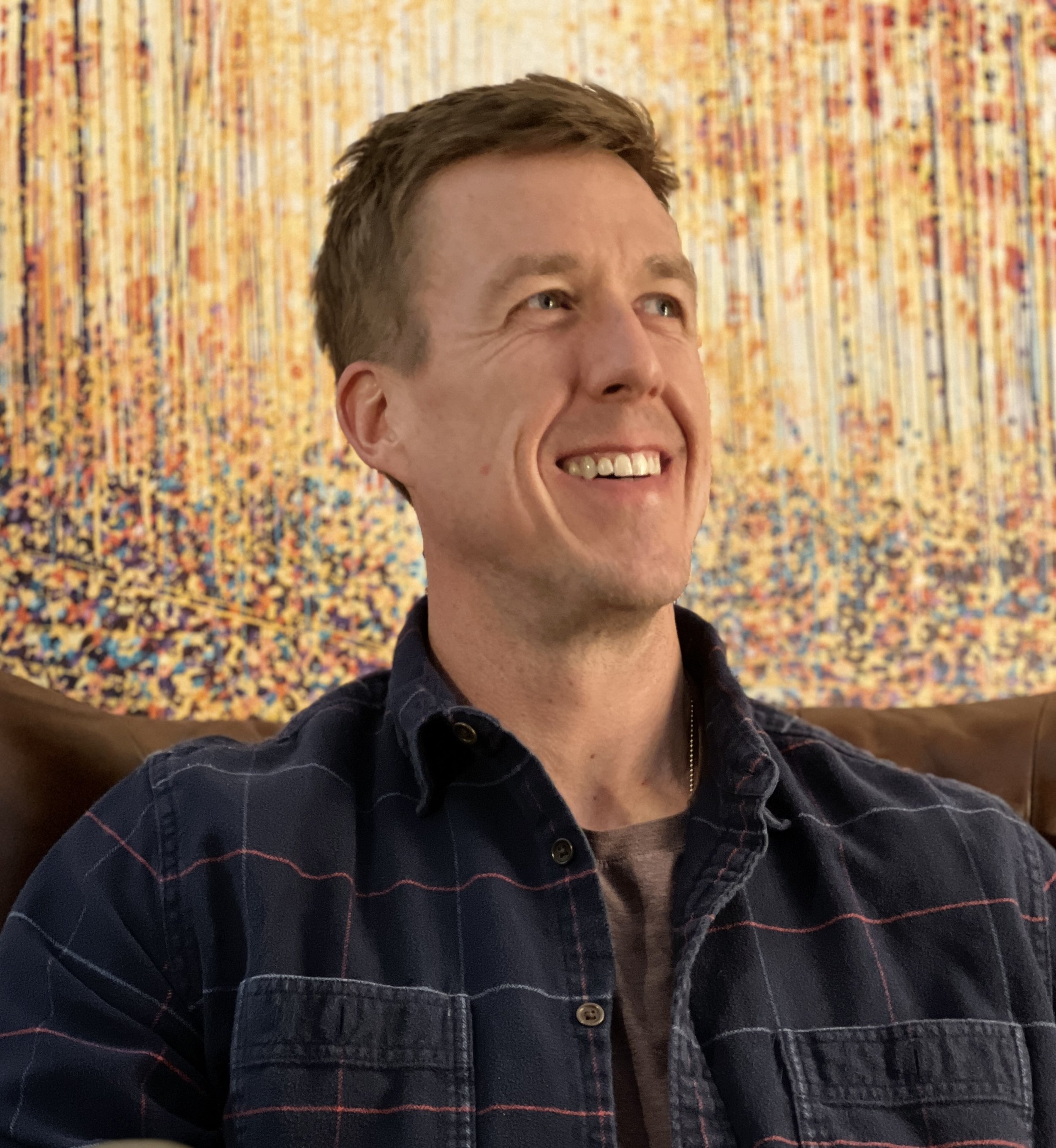What is Therapy and Why does it Work?
/My goal for this post is to present a succinct and accessible explanation for what therapy is and why it works. Sure, I could go into the systems and communication theories that underly post-modern practice. I am able to discuss various therapeutic models and theories of change, but all of this stuff would probably bore most readers who aren't themselves practitioners. So, to the masses (whoever you are!), here we go:
What is therapy?
In my opinion, at its core, psychotherapy consists of two essential parts:
1. The creation of a safe space for one or more living beings who desire change
2. Attending, staying, and connecting in that space for a given amount of time
Why it works...
Our world pulls us away constantly, through our own habituated distractedness. Here's the thing: it's not all our fault! This movement has arisen as a result of technology, media, and many other facets of the modern world for which no single individual is responsible. The fact is, most people are spending less and less time interfacing fully and directly with other humans. The increase and accessibility of virtual/tele/digital communication has eroded our opportunity for, and comfortability with, face-to-face communication. While we can communicate farther and more efficiently than ever before, something is being lost. This quote from A General Theory of Love expresses the sentiment nicely:
“The vocation of psychotherapy confers a few unexpected fringe benefits on its practitioners, and the following is one of them. It impels participation in a process that our modern world has all but forgotten: sitting in a room with another person for hours at a time with no purpose in mind but attending. As you do so, another world expands and comes alive to your senses—a world governed by forces that were old before humanity began.”
If we subscribe to the idea that we are only moving further along the continuum of communicating more indirectly, it should follow that therapy is only becoming MORE effective. Therapy works because it intervenes. It creates space for a relationship to develop that is unique and impactful. It is a relationship that urges us to attend and recognize each other as living human beings with hearts as well as brains. A therapy session is a practice in mindfulness and a devotion to connectedness. It is a practice in relating and accepting. In therapy, a client has the opportunity to feel the undivided attention of another human being for a significant amount of time. It may be one of the few spaces where this kind of attending still exists.
But what do you get out of this? What's the thing that you walk away with as a result? To name a few of the products that therapy sells: connectedness, grounding, presence, patience, confidence, healing, empathy, forgiveness, love, reflection, mindfulness, worthiness...






